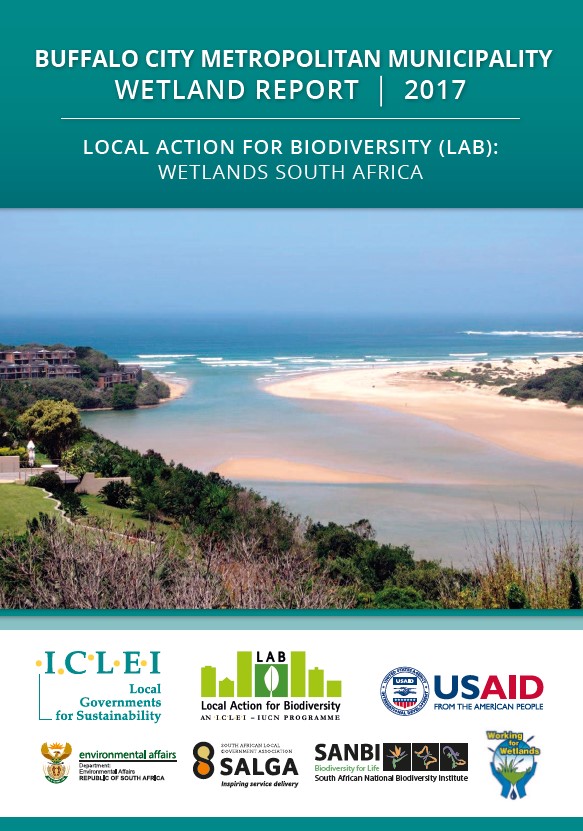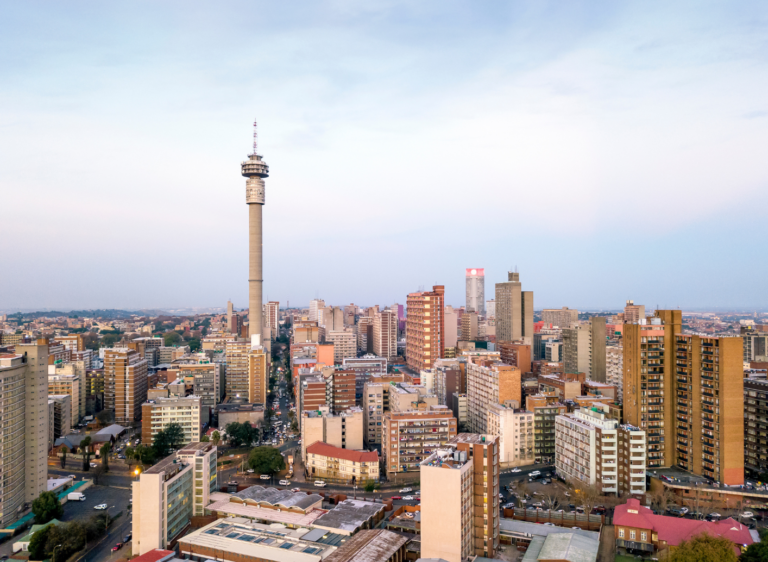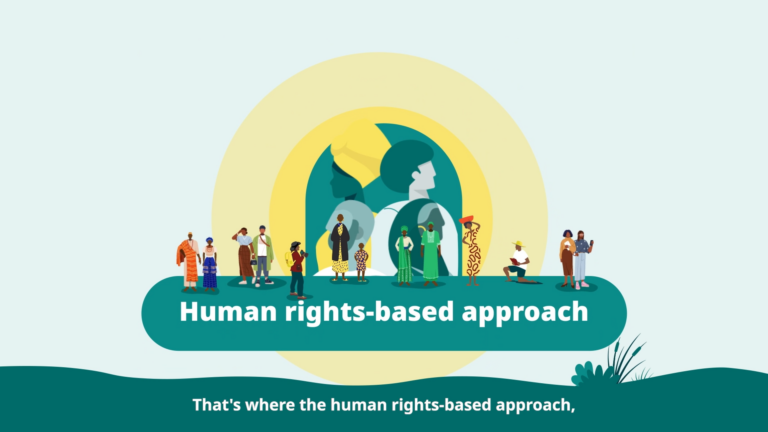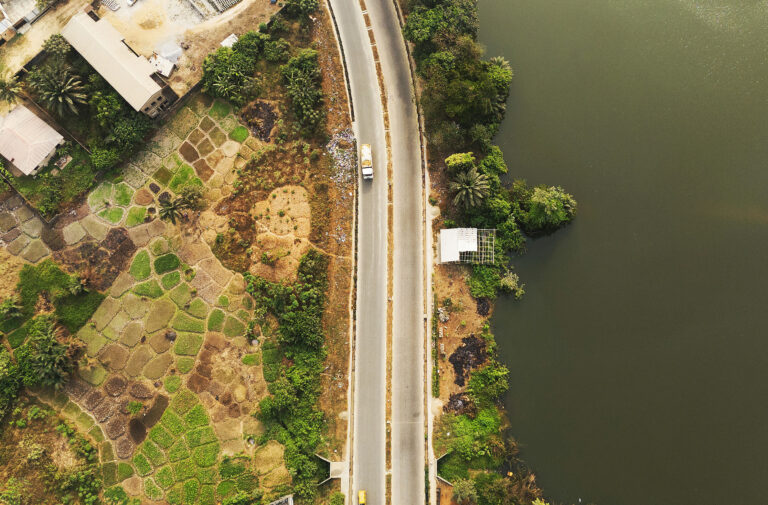Buffalo City District Municipality Wetland Report




Download:
Related ICLEI Pathway(s)
About
Resource summary
Buffalo City Metropolitan Municipality (BCMM) lies within the Eastern Cape Province in South Africa and it covers an area of 2 536 km2. The Municipality plays a vital role in addressing the Metro’s social, economic and environmental needs. All South African municipalities, including Buffalo City Metropolitan Municipality, are tasked with the provision of services in a sustainable and equitable manner, the facilitation of social and economic development and the promotion of a safe and healthy environment for all people living within its domain. Biodiversity offers an immense opportunity to support the country’s development path by providing many free goods and services which contribute to municipal service delivery, water and food security, and quality of life.
Wetland ecosystems have many benefits to society, such as purifying water, controlling erosion and providing habitat for wetland dependent species. Wetlands remain South Africa’s most threatened ecosystem, they continue to be destroyed and poorly managed. This is largely due to their benefits being poorly understood, resulting in an urgent need to increase awareness of wetland importance and to incorporate natural wetland resource considerations into municipal governance mechanisms and planning.
The wetland ecosystems cover an area of approximately 3 338 ha which make up to 1.3% of the Buffalo City Metropolitan Municipality. At least 79.6% of wetland ecosystems are critically endangered, 19.7% are endangered and 0.7% are least threatened. This means most of the wetland ecosystems have been severely or moderately modified from their natural condition. Freshwater is our most limiting natural resource. Industrialization and urbanization as well as rapid population growth have since become the largest water users and thus heavily affecting water management activities. It is imperative that South Africa develops both a water-efficient economy together with a social ethic of water conservation and ultimately a culture of sustainability of water resource use.
Read more by downloading the report.
Related resources

City of Johannesburg Goods and Services Assessment

Nature-Based Solutions for African Cities: The Human Rights-Based Approach



